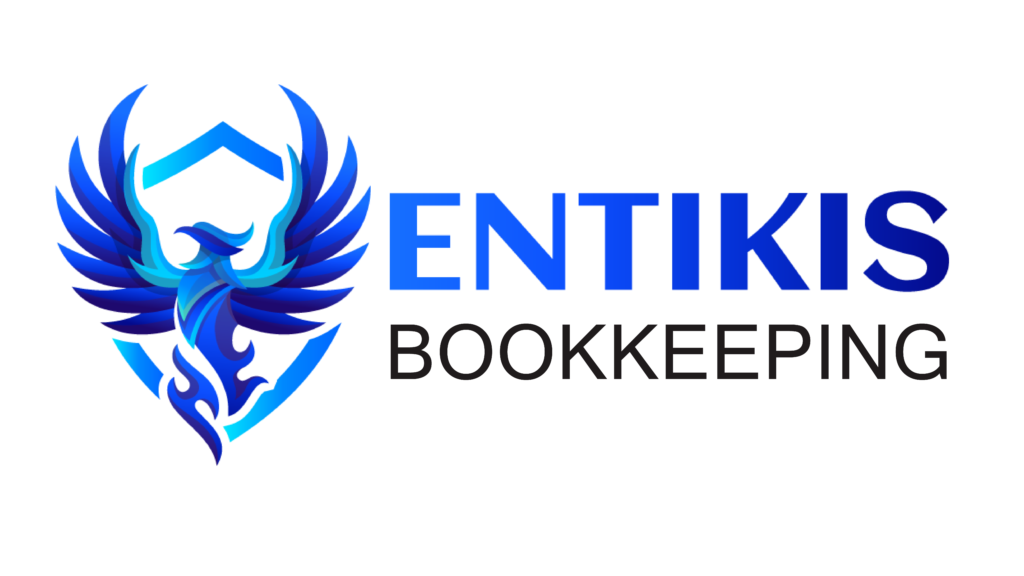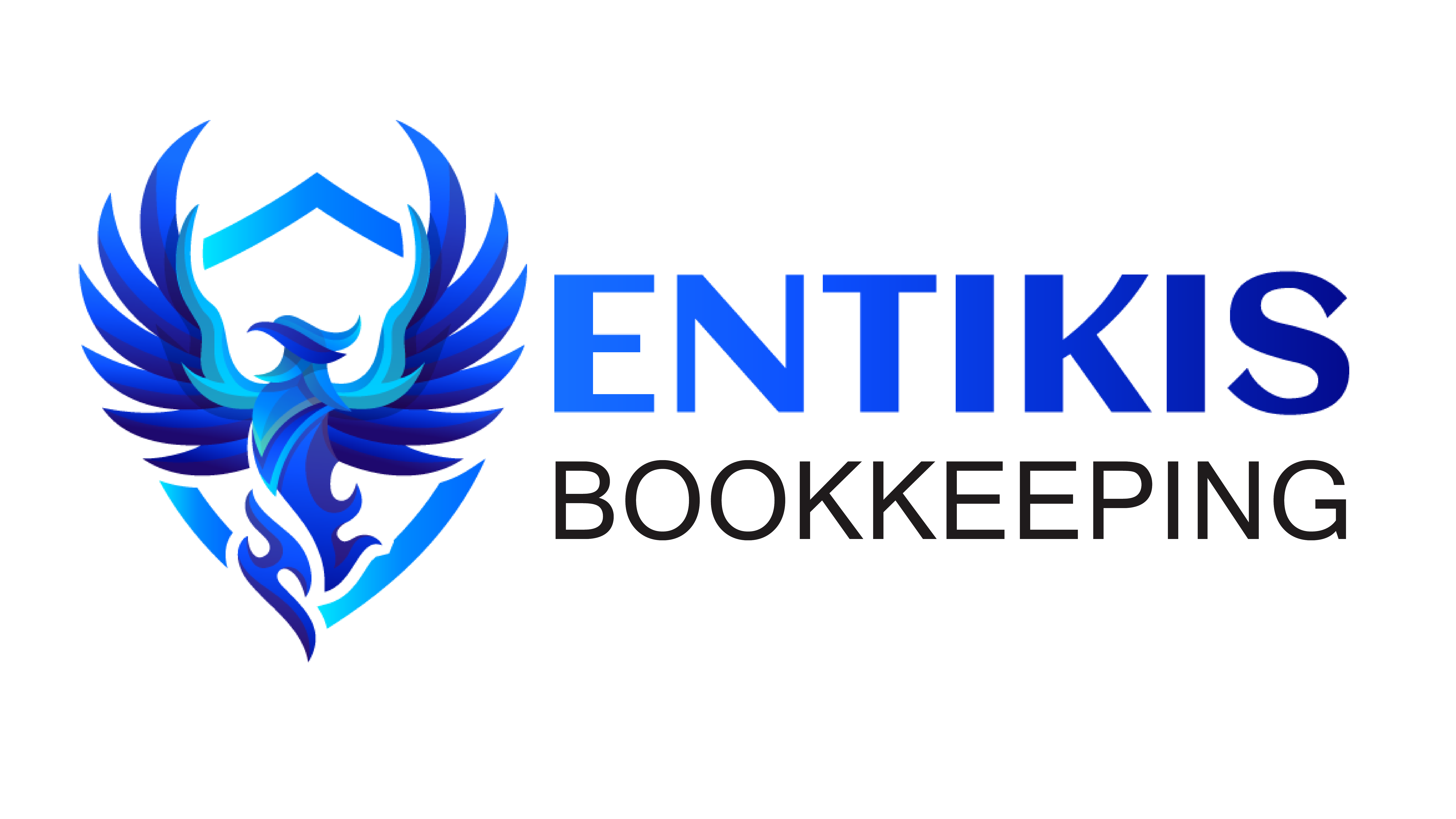Tax Planning Tips for Sole Proprietors in Fort Worth, Texas
1. Separate Personal and Business Finances
One of the first tax tips for sole proprietors is to keep your personal and business finances distinct. While it might seem easier to run everything through one account, having separate accounts simplifies bookkeeping, helps avoid IRS red flags, and makes it easier to track deductible expenses. Even though a sole proprietor might not be required by law to separate finances, doing so ensures you’ll be prepared for tax season.
To further ensure clean records, consider hiring a professional bookkeeper. In Fort Worth, Texas, many small business owners turn to local bookkeeping experts who understand the nuances of state and federal tax obligations.
2. Track Every Deductible Expense
From office supplies to travel expenses, keeping a thorough record of deductions is essential. Deductible expenses reduce your taxable income, meaning you pay less in taxes overall. Here are some commonly missed deductions for sole proprietors:
-
- Home Office Deduction: If you use a specific area of your home exclusively for business, you can claim a portion of your home expenses as a deduction.
-
- Vehicle Expenses: Track either the mileage driven for business or the actual expenses related to your vehicle.
-
- Marketing and Advertising: Costs like website hosting, social media advertising, and professional services (like hiring a Fort Worth bookkeeper) can qualify as deductions.
Make sure to keep accurate records to avoid scrambling at tax time. Investing in a bookkeeping system or working with a bookkeeper who understands tax preparation can ensure you’re capturing all eligible deductions.
3. Estimate and Pay Quarterly Taxes
Sole proprietors are required to make quarterly estimated tax payments to avoid a hefty tax bill at year’s end. These payments are essentially your prepayment on the income tax and self-employment tax you’ll owe. Failing to pay estimated taxes on time could result in penalties and interest charges, which can quickly add up.
The IRS provides Form 1040-ES, which includes a worksheet to calculate your quarterly estimated taxes. If this sounds daunting, don’t worry—your bookkeeper can help you calculate and schedule these payments. Texas is home to a variety of tax preparation experts who can guide you through this process, particularly if you’re in the Dallas Fort Worth area.
4. Make Use of Retirement Contributions
As a sole proprietor, you have several retirement plan options, such as a SEP IRA, Solo 401(k), or SIMPLE IRA. Contributing to a retirement plan can reduce your taxable income while helping you save for the future.
For instance, a SEP IRA allows you to contribute up to 25% of your net earnings from self-employment, up to a certain limit. Contributions to these retirement accounts are generally tax-deductible, providing you with an effective tax-saving tool. A bookkeeper can assist you in tracking contributions and determining which retirement plan best aligns with your business goals.
5. Know Your Self-Employment Tax Obligations
Sole proprietors are responsible for paying the self-employment tax, which covers Social Security and Medicare. In 2024, the self-employment tax rate is 15.3%. This rate may feel like a hit to your earnings, but remember, half of the self-employment tax is deductible as an income adjustment.
Working with a tax preparation professional in Fort Worth can be invaluable here. They can help ensure that you’re calculating self-employment tax correctly and that you’re not missing out on the deduction.
6. Use Tax Software or Hire a Professional
Many sole proprietors benefit from using tax software tailored to small businesses, but tax laws and deductions can get complicated, especially if your income fluctuates throughout the year. Working with a professional bookkeeper who specializes in small business and sole proprietor finances can streamline your tax preparation process. Fort Worth, Texas, has several bookkeeping and tax preparation services that cater to local entrepreneurs, helping you keep accurate records and stay on top of tax requirements.
7. Understand the Qualified Business Income (QBI) Deduction
The Qualified Business Income deduction (QBI) allows eligible sole proprietors to deduct up to 20% of their qualified business income. This deduction can significantly lower taxable income, but it comes with some restrictions based on income levels and the nature of your business. If your business qualifies, the QBI deduction could be one of the most valuable tax breaks available.
To take advantage of this deduction, consult a tax professional or bookkeeper familiar with QBI rules in Texas. They can help you determine your eligibility and navigate the requirements.
8. Plan for the Unexpected
Tax planning doesn’t end once you’ve filed your return. It’s crucial to keep saving for unforeseen expenses, as well as for any tax surprises that may come up. Having an emergency fund dedicated to taxes can help prevent a financial scramble when unexpected expenses or tax obligations arise.
A professional bookkeeper can help you set up a system that not only keeps your books clean but also prepares your business for tax season year-round. From keeping track of your deductible expenses to advising on quarterly tax payments, a bookkeeper can be a valuable asset in managing and reducing your tax burden.
Tax planning is a critical part of managing your sole proprietorship. Following these tips can make tax season a smoother experience and help you keep more of your hard-earned money. By investing time in understanding your obligations and working with a knowledgeable bookkeeper, you can take the guesswork out of tax preparation.
If you’re a sole proprietor in Fort Worth, Texas, or the greater Dallas Fort Worth area, consider working with a professional who can guide you in making the most of available deductions, ensuring compliance, and enhancing your business’s financial health. With the right support, tax season doesn’t have to be a headache—it can be an opportunity to maximize savings and optimize your business’s financial strategy.
If You Are Looking For Professional Bookkeeping Services, Please Contact Us At Admin@Entikis.Com And 817-415-1715 To Learn More About How Entikis Bookkeeping Can Support Your Journey To Success! Located At 640 Taylor St Suite , Fort Worth, TX, United States, Texas. We Offer Professional Bookkeeping Services For Businesses In The Burleson, Fort Worth And The Surrounding Tarrant County Metroplex




